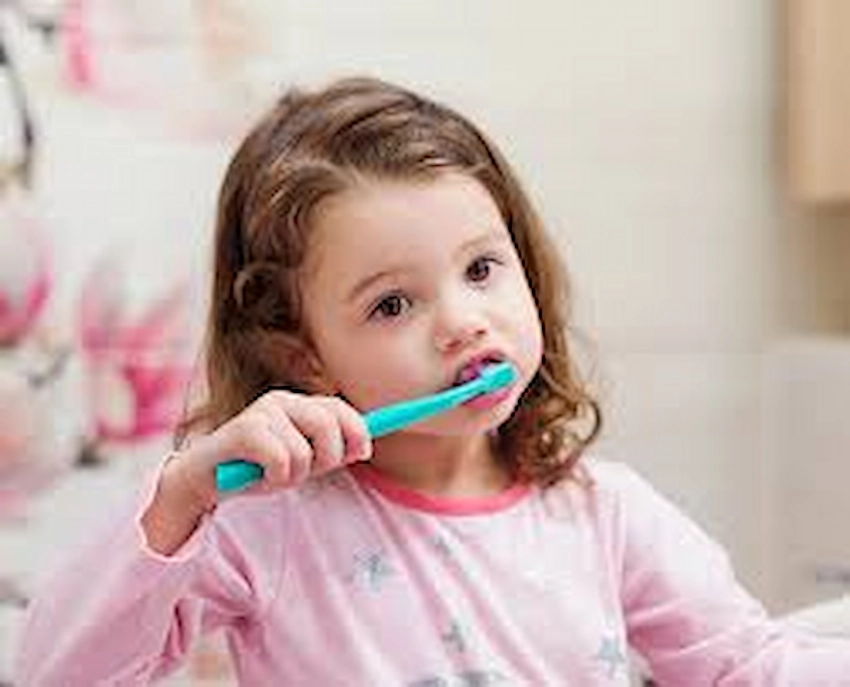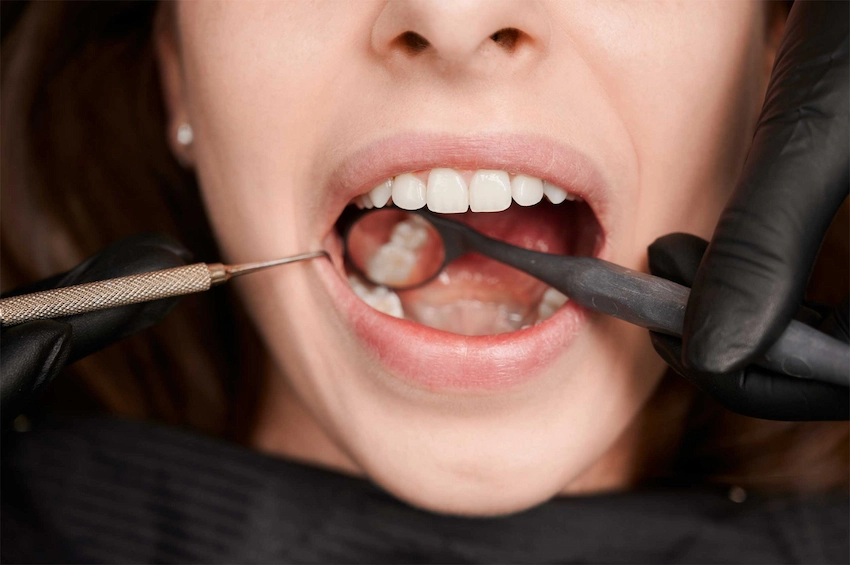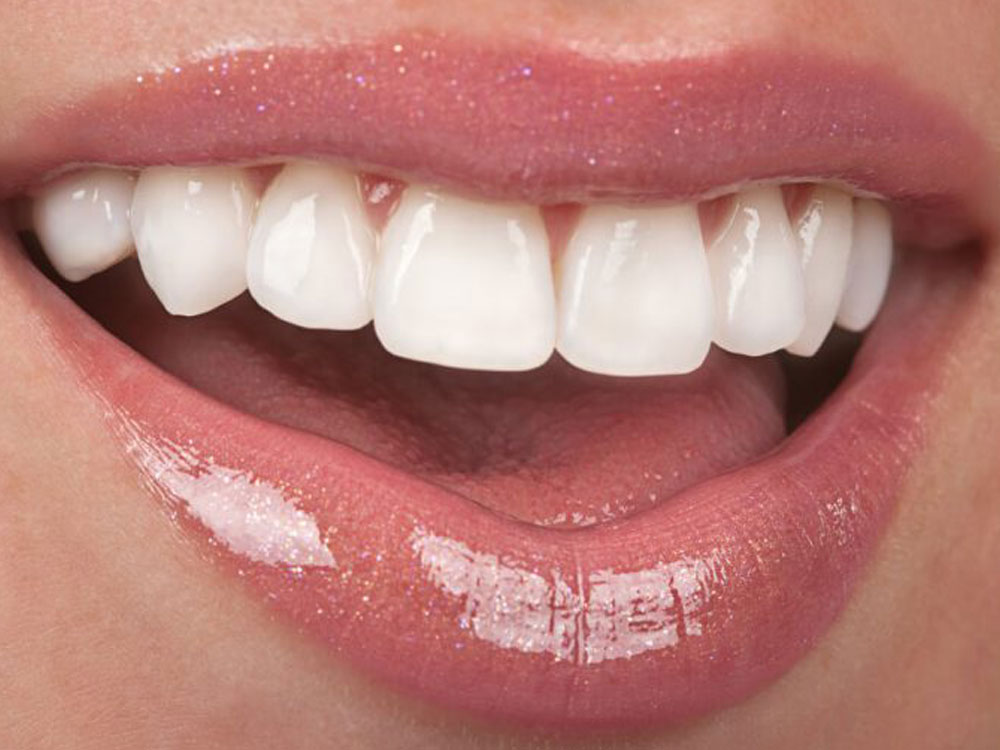🦷The Effect of Night Teeth Cleaning: Complete List of Tips

A night guard is an essential part of an oral hygiene routine. Regular practices of brushing and a gentle solution soak can be used to make the guard bacteria-free and also one with an increased lifespan. The night guard is your sledgehammer weapon in front of teeth that grind and clench during sleep, and besides that, it can provide a peaceful sleep. Nonetheless, the most important thing is that proper cleaning will make it durable and healthy for your mouth. Get to know all of the relevant stages for the maintenance of your night guard in a state of fresh, decontaminated, and operational by reading this full manual.
Determining the Best Cleaning Solution
The choice of a cleaning solution for your night guard is a must for the safe and long-lasting use of your device. The variety of washing solutions that you can get can be mild soapy water, special cleaning pills, and mouthwash. It is recommended to choose a sanitizing agent that can effectively eliminate bacteria and, in the meantime, is gentle to the material of your good night’s sleep. The best action is to avoid using substances that are harsh or abrasive, as they gradually destroy the material. An online search for a cleaning solution that is really antibacterial, thus the night guard serves as a guarantee of freshness and safety.
Your Daily Night Guard Cleaning Routine
Making it a habit to clean your night guard every day means that your appliance will always be in its best condition. With this simple guide, you can do it:
- Rinse: When you have taken the night guard off, first of all, wash it with warm water to get rid of saliva and any solid particles.
- Clean: Get a small amount of a mild detergent or a cleaning product for your night guard and a soft toothbrush. Now, softly brush the night guard to knock out the bacteria and plaque stuck to it.
- Rinse Again: Rinse the night guard under the faucet once again to remove the remaining soap or cleaning product remains after cleaning.
- Dry: Let your night guard dry in the air by placing it on a clean, dry surface or in a special case before you store it.

If this sequence of actions is followed every day without fail, you will make sure that your night guard is always clean, for a long time, as well as the healthy state of your mouth in general.
Effective Methods for Dealing with Stubborn Stains on Night Guards
Brushing your night guard is important to keep your teeth clean and fresh and make it last longer. It is also vital to avoid any harm to your oral health, which might come from a dirty item. Within a specific time-bound, standing or unmovable patches might occur.
| Method | Description | Instructions |
| Baking Soda Paste | The formulation of baking soda, which is an abrasive, is effective in stain removal. | Mix baking soda and water in the same ratio to form a paste. Apply the paste to the night guard and scrub it gently with the help of a soft toothbrush. Finally, rinse the guard thoroughly. |
| Vinegar Soak | Vinegar not only deodorizes but also disinfects, and alongside it can also remove mineral buildup. | Dip your night guard into the mixture of vinegar and water in the same proportion and leave for about half an hour. Finally, wash the guard well before putting it on. |
| Hydrogen Peroxide | Hydrogen peroxide is a powerful antiseptic that removes stains and kills bacteria effectively. | Put your night guard into a solution of hydrogen peroxide and water (2:1) for 15-20 minutes. Finish it off by rinsing it thoroughly. |
Avoiding Harsh Chemicals in Cleaning Your Night Guard
Although you might be inclined to use strong chemicals to clean your night guard, the decision to go with mild substitutes is vital for your oral health as well as the prolonging of the appliance’s life. Below are the reasons for staying away from these hazardous chemicals:
| Chemical | Potential Risks | Safer Alternatives |
| Bleach | Use of bleach may lead to gum and oral tissue irritation, and even the material of the night guard may be damaged. | Try using natural cleaning agents like baking soda or vinegar. |
| Alcohol-based products | Products that have a content of alcohol can be harmful in that they can lead to the guard material getting way too dry, which then makes it develop cracks and later on, it can break. | Choose mild soap and warm water to clean the night guard. |
| Strong detergents | Detergents that are not well diluted easily leave toxic residues, therefore creating potential health problems during oral use. | Opt for a soft dish soap, which is suitable for the skin. It should be the kind used by people with sensitive skin. Note, however, that this shouldn’t be taken as medical advice. |
The emphasis of the information is on the stubborn stains cleaning ways and also the consequences of harsh chemicals in the process of cleaning the night guard which are portrayed in the active voice and explained using the tables.
Importance of Proper Storage for Your Night Guard
Proper storage is the only way to make sure your night guard will work properly and will last for a long time. If you are not using it, it is best to keep it in a clean case that will not only keep it dry but also allow it to breathe. The night guard is likely to be easily damaged by heat and sunlight, so you are advised to find a way to cover it up during the day. Storing the mouthguard in the mentioned way will not only keep them from bacterial and other dangers that can affect their longevity and quality, but will also help them to remain in shape the thing which is crucial for one to sleep comfortably while using them.

Regular Inspections for Wear and Tear
Regular inspections of your night guard are essential to detect any signs of wear and tear. When inspecting, these are some of the items to check:
- Check for cracks: One of the first things you have to do is check if your mouthguard has any visible cracks or if parts seem to be breaking, since this is basically how the guard is being compromised in its effectiveness.
- Look for discoloration: Any change in the color of the mouthguard may suggest materials and bacterial buildup that is harmful.
- Assess the fit: Checking the comfort of the mouth guard is one point that shouldn’t be forgotten. Misfitting, i.e., if it is too tight or too loose, it might be an indication that a replacement is needed.
- Smell for odors: If you notice an unpleasant smell, this could be a sign that you need to clean your night guard thoroughly or replace it because, in most cases, it is bacteria that cause such a smell.

Regularly examining these parameters will ensure ongoing effectiveness and comfort of your night guard, and in the end, that results in good oral health care collection.
FAQ: The Effect of Night Teeth Cleaning: Complete List of Tips
You should clean your night guard daily after use to prevent the buildup of bacteria and plaque. It’s also a good idea to give it a more thorough cleaning every week.
The best way to clean your night guard is to use a soft toothbrush and mild soap or a gentle dish soap. Rinse thoroughly with lukewarm water after cleaning.
It’s not recommended to use toothpaste on your night guard, as it can be abrasive and may scratch the surface. Instead, opt for a non-abrasive soap for cleaning.
Soaking your night guard in a mixture of equal parts white vinegar and water for about 30 minutes can help disinfect it. However, be cautious with mouthwash, as some contain alcohol, which could damage the material of the night guard.
When not in use, store your night guard in a clean, dry case with ventilation. Avoid placing it in direct sunlight or hot environments, as extreme temperatures can warp it.




